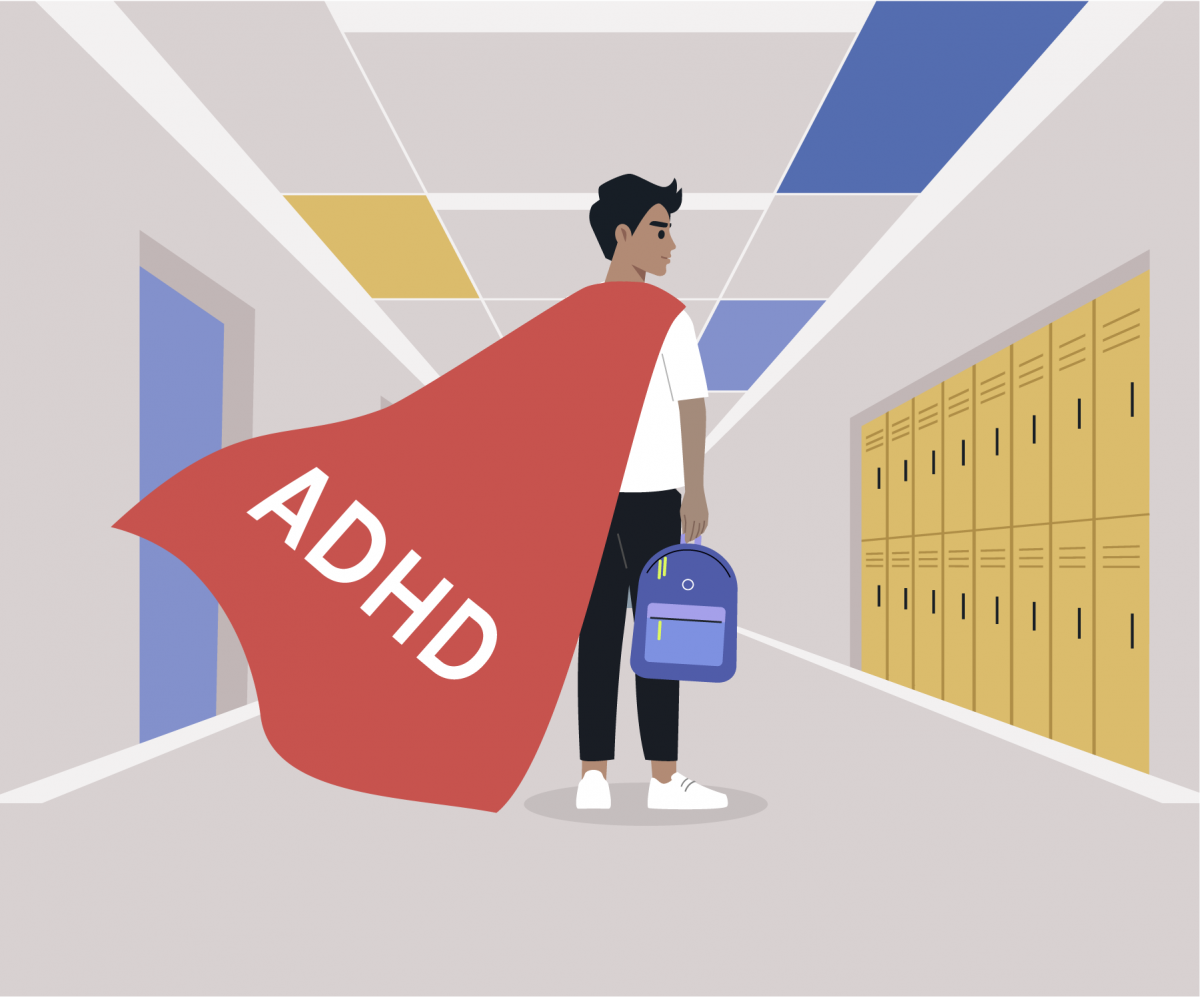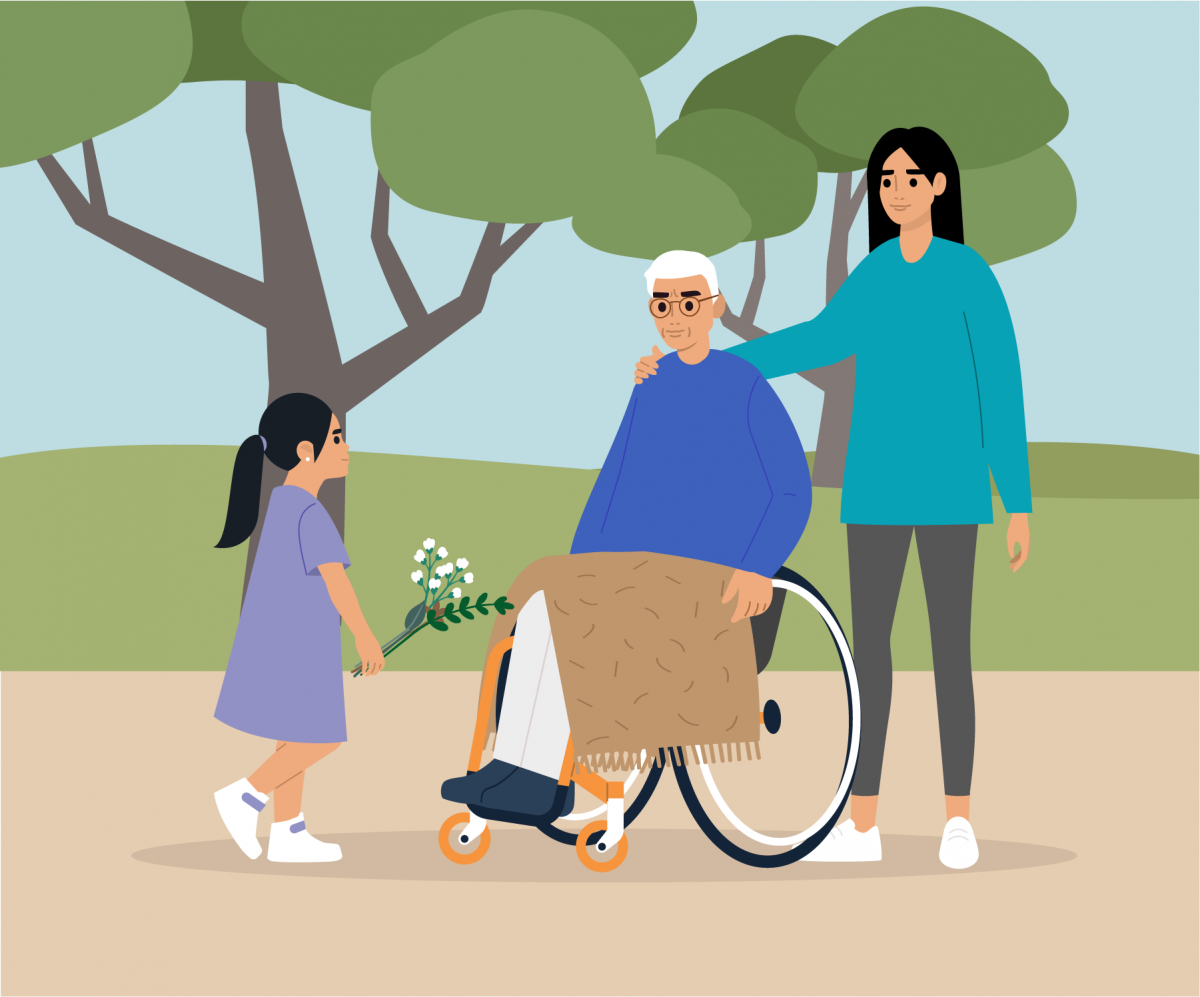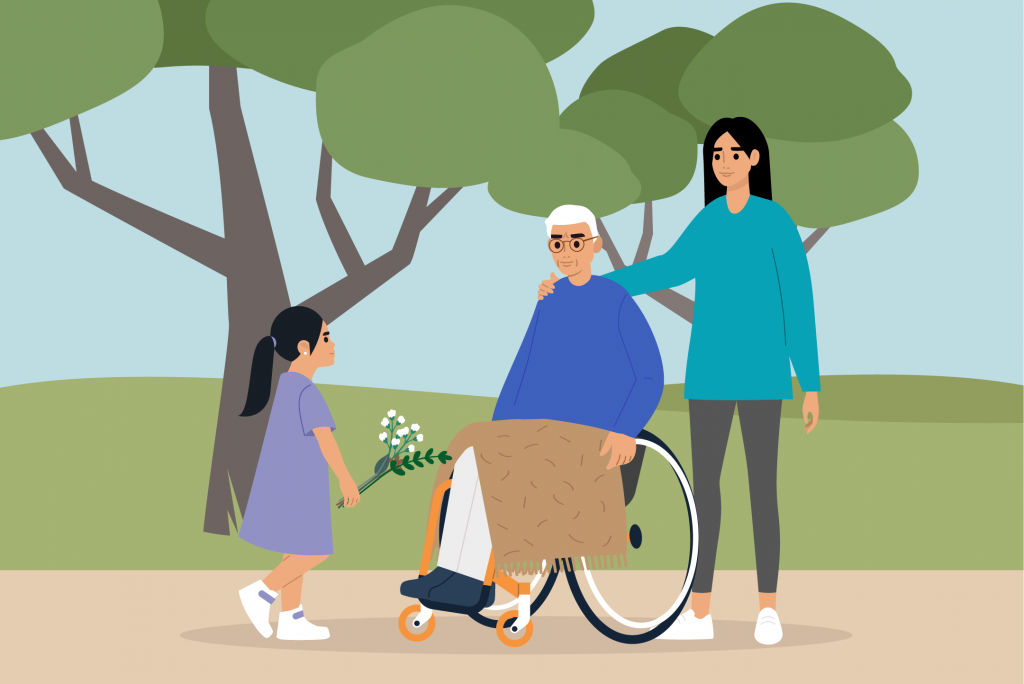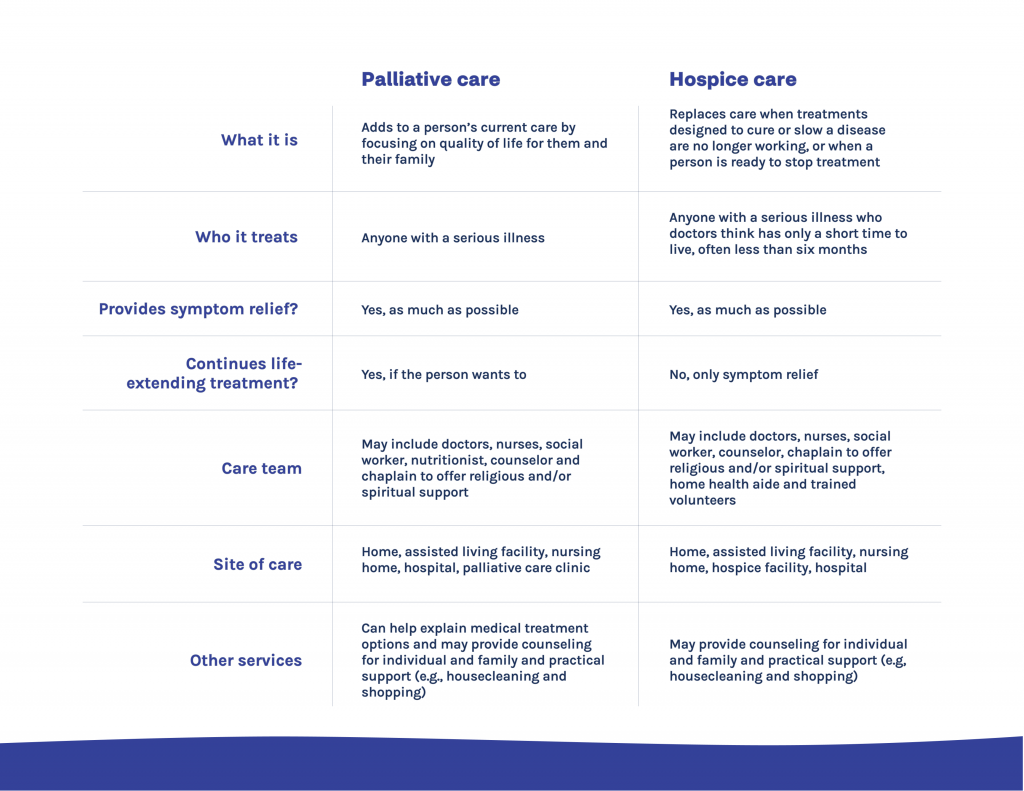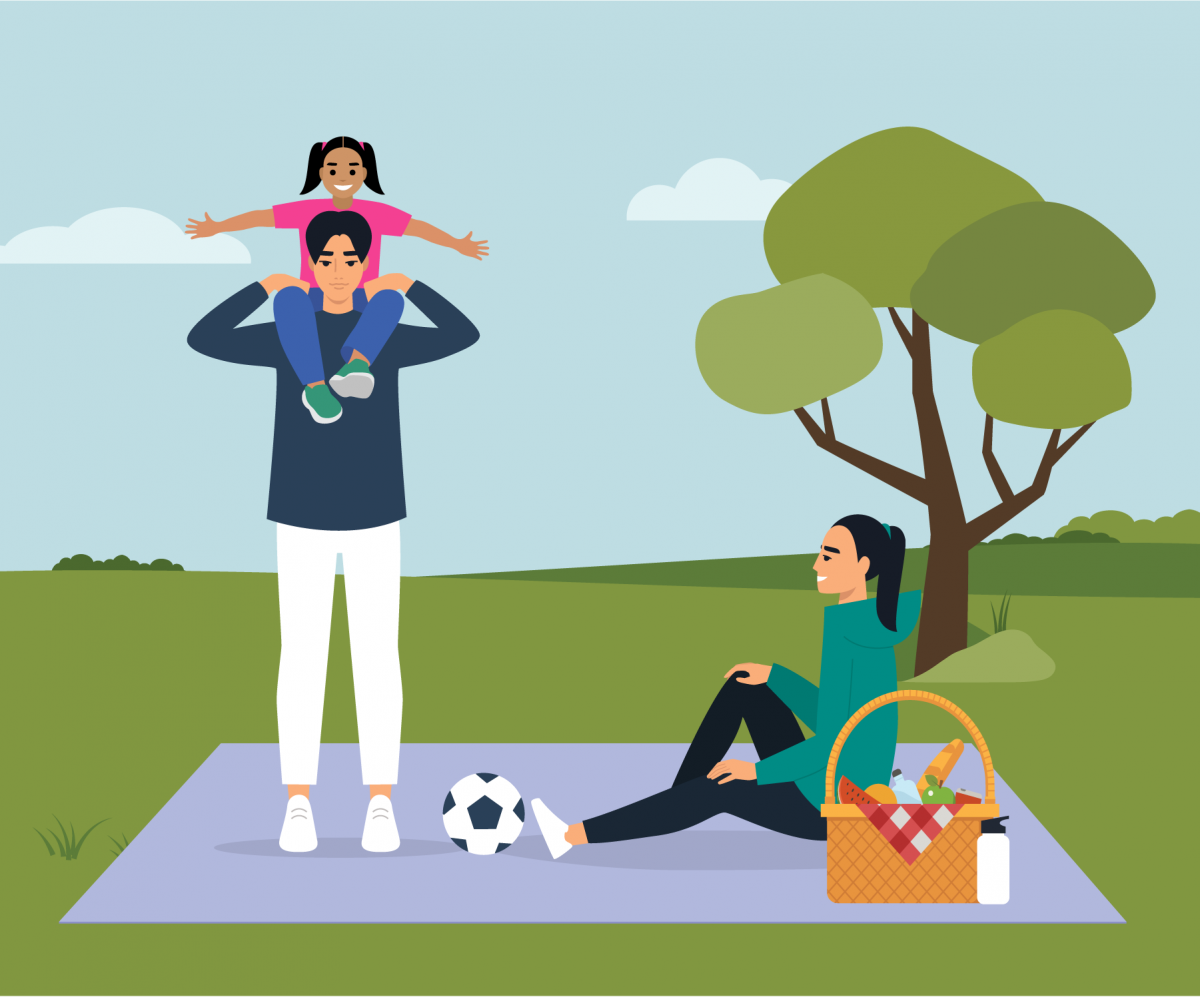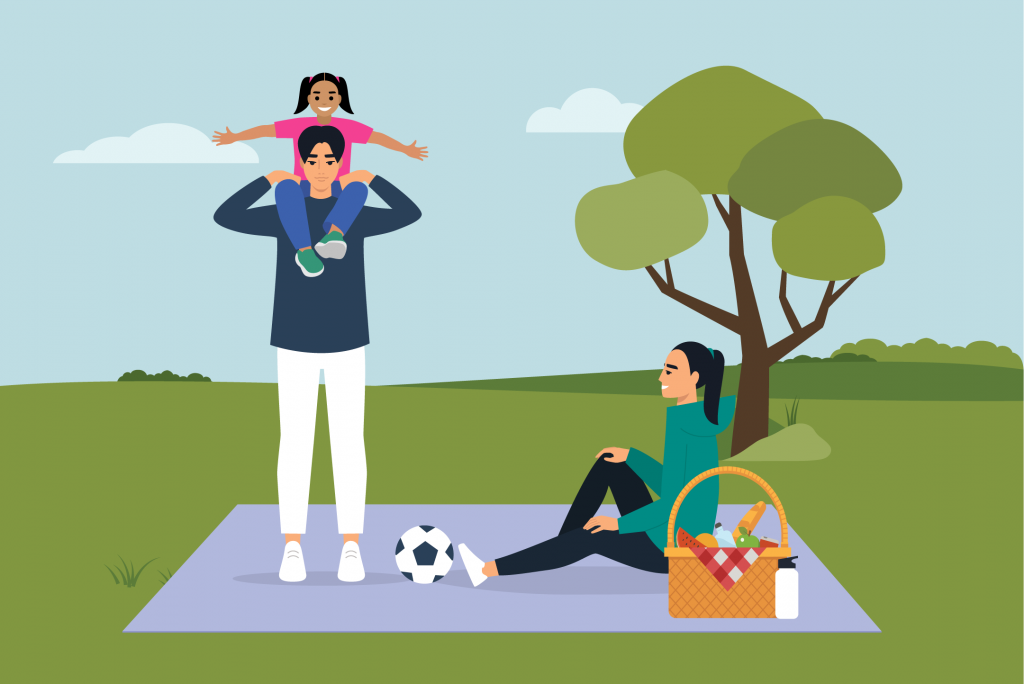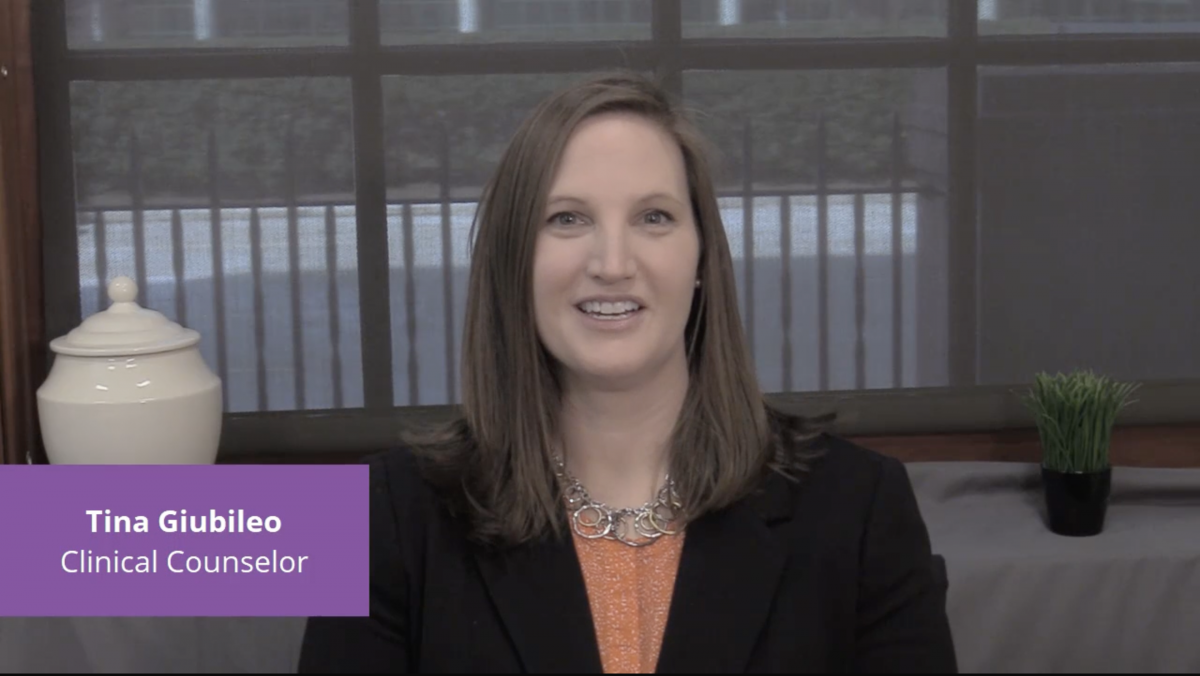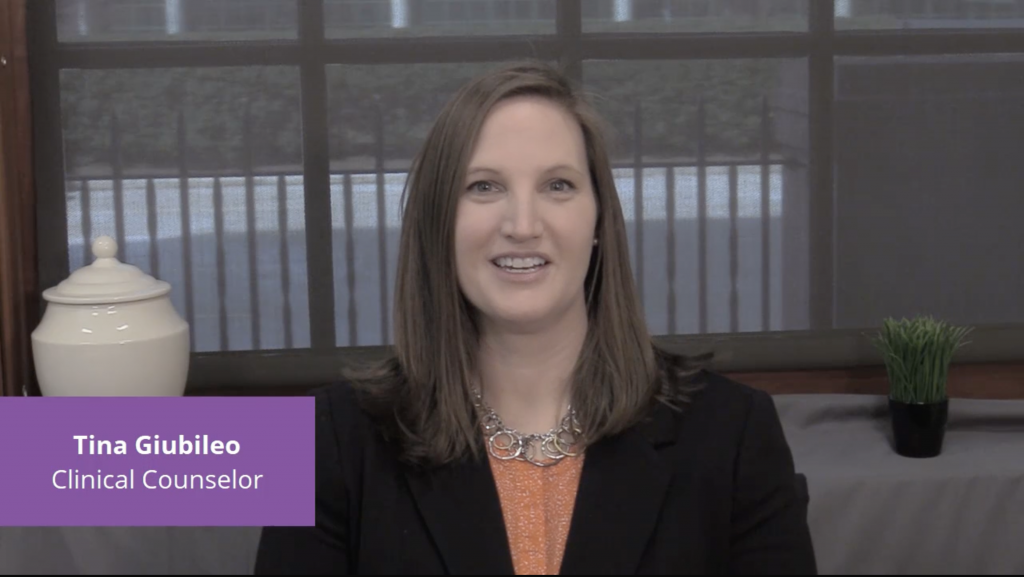LEARN MORE
AUGUST 2024
The superpowers of ADHD
NOTE: With more than 14,000 Costco employees or their family members diagnosed with attention deficit hyperactivity disorder (ADHD), many of us are familiar with the struggles of ADHD. Being easily distracted, forgetful or fidgety are just a few. The condition can be challenging for kids, teens and adults, and may look different for everyone. But did you know that ADHD often comes with superpowers?
Looking for more? Find other articles below
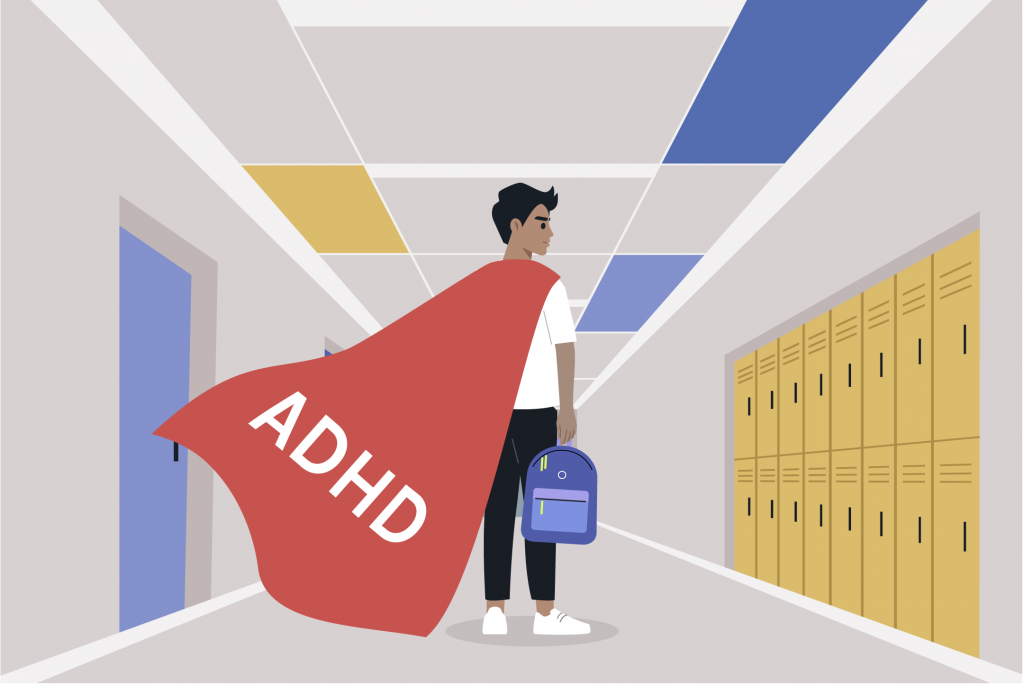
ADHD is not the same for everyone
ADHD is a variety of symptoms that can be grouped into two main types:
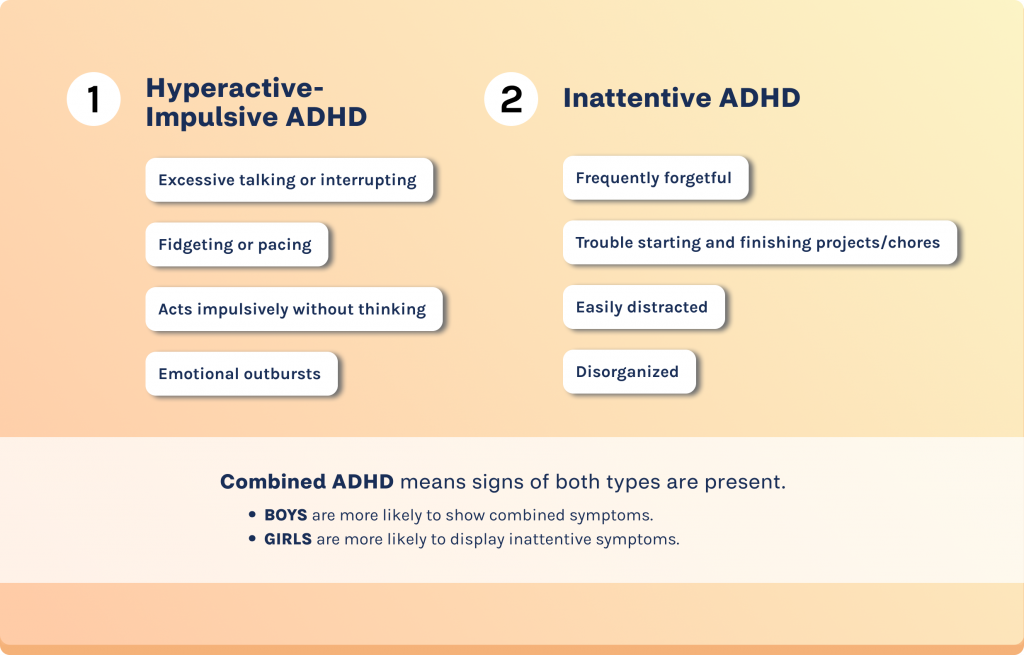
ADHD in males
Males are three times more likely to be diagnosed with ADHD than females, often because the combined type symptoms are more visible at school, at home or at work.
ADHD in females
Women may go undiagnosed for decades as their symptoms may be less noticeable. Girls with ADHD are often good at masking or flying under the radar by hiding their condition.
ADHD superpowers
In a recent employee podcast, Costco Director of Employee Benefits Celeste Parker spoke about her family’s challenges with ADHD and anxiety, as well as the “superpowers” she sees in her son, who was diagnosed with ADHD.
Here are some of the many strengths and talents that can be found in those with ADHD:
- Lots of energy: Enthusiasm for life can bring drive, motivation and lots of activities to enjoy. This extra energy can also help kids with ADHD excel at sports, which can be a source of pride for them.
- Strong problem-solving skills: Most kids with ADHD are very good at thinking on their feet.
- Creative thinking: Thinking outside the box means different ideas and perspectives that can lead to innovative solutions.
- Ability to zone in and focus: Hyperfocus is a state of intense concentration, which can be very helpful when a big project is due the next day, or if there’s a topic your child wants to learn more about.
- Multi-tasking and flexibility: The ADHD brain can jump quickly from one topic to another, allowing for adaptability and the ability to thrive in chaos.
How to help develop your child’s superpowers
The challenging behaviors naturally get a lot of attention. Some of the qualities that come along with neurodiversity have a positive side, too — including instincts and skills that can be nurtured to help your child grow steady, confident and strong. You can help your child identify and focus on their strengths and build their self-esteem.

Positive reinforcement
Acknowledging when your child does something right can be a powerful motivator. Tell your child when they’ve done something they should be proud of.

Structured environment
Kids with ADHD don’t always love routines, but they thrive when routines are in place. Schedules that your child can see and follow, or a distraction-free homework area can help them feel in control.

Open communication
Allow your child to express their thoughts and feelings so you can work on challenges together.

Advocate for your child
RethinkCare can help you talk to your child’s teacher and support you through the process of setting up an Individualized Education Program (IEP) or 504 when needed. Section 504 is the federal requirement for public schools to provide a free and appropriate education. Click here to register for your free account, available to all employees with children of any age.

Therapy
Learning to control impulses and emotions can improve life at school and at home. Telemynd* offers therapy for kids age 5+ with flexible scheduling and the ability to complete the first session in less than a week. This program is available to those enrolled in the Aetna® medical plan.

Medication
Your child’s therapist can help you decide if medication is appropriate for your child. Sometimes it’s a short-term fix that helps a child build long-term habits, while others may need it longer.
Wondering if you or your child has ADHD?
We all experience some of these symptoms from time to time. But if they’re affecting your daily life, support is available. Your Costco benefits can help you and your child flourish. This includes coping strategies, therapy and medication if needed.
Call Resources for Living at 833-721-2320 (TTY: 711) or visit RFL.com/Costco to access six free counseling sessions per issue yearly, for you, each of your household members regardless of age, and each of your dependent children up to age 26 who may live away from home.
You can also visit Telemynd.com/Costco to get started with virtual therapy or psychiatric treatment for kids age 5+, teens and adults.
*Available on the mainland only.
Sources:
Mayo Clinic. Adult attention-deficit/hyperactivity disorder (ADHD) – Symptoms and causes
National Institute of Mental Health (NIMH). Attention-Deficit/Hyperactivity Disorder (ADHD)


